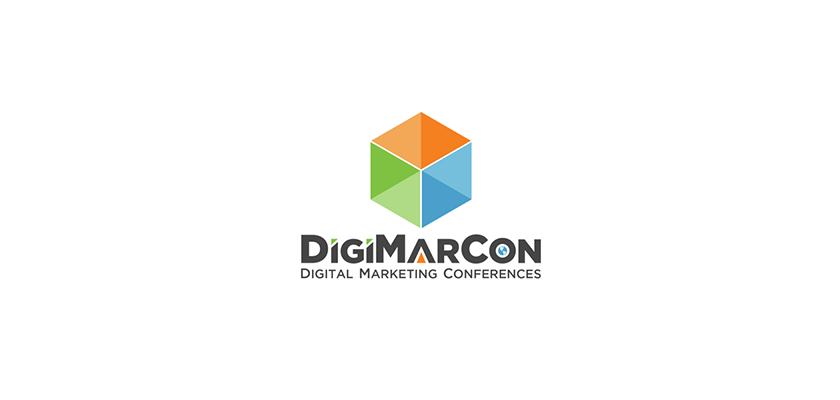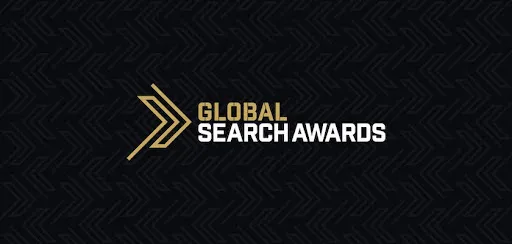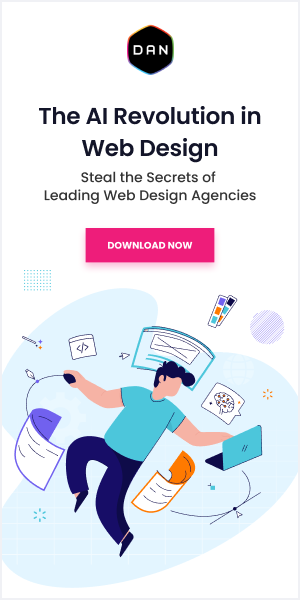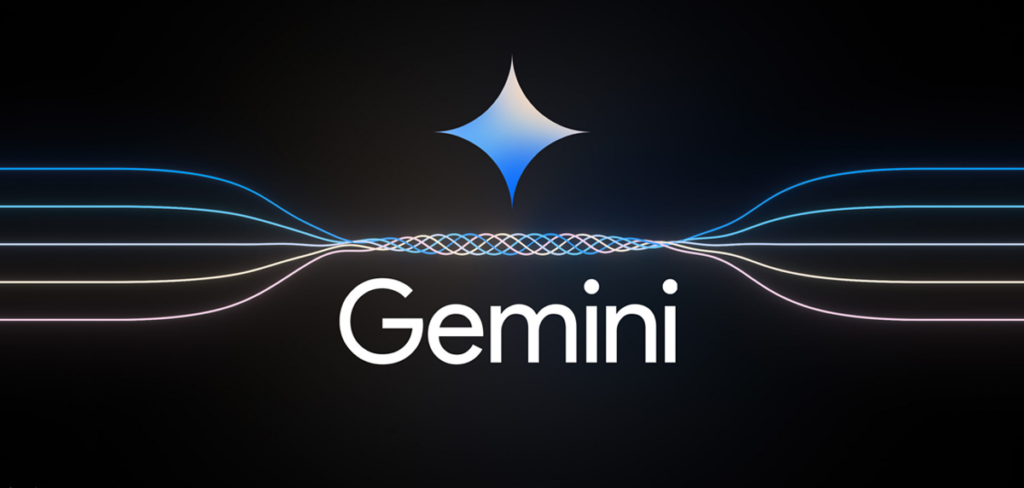
AI News of December
December has been a remarkable month for AI advancements. Level up your AI marketing game with these cutting-edge AI news and insights. Google is launching its multimodal AI model Gemini, Microsoft’s Paint app has been enhanced with DALL-E, an AI-powered image generation tool, allowing users to create unique images using natural language prompts. A Chinese court has recognized copyright protection for AI-generated art, safeguarding intellectual property and paving the way for innovation. ChatGPT has celebrated its first year of transforming marketing and business strategies. Scroll down to read more on the issues.
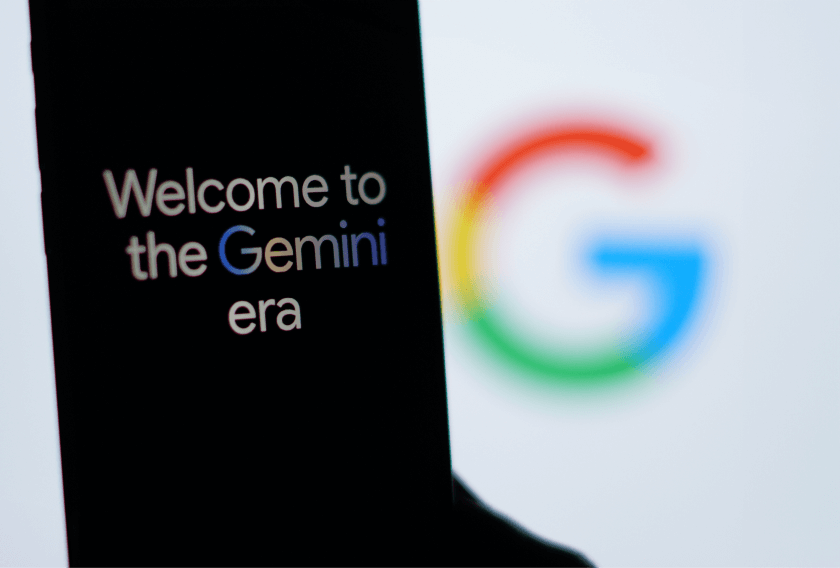
Google Unveils Gemini: A Game-Changing AI Model
Google’s latest AI marvel Gemini is ready to take center stage. The introduction of Gemini is getting all the buzz in the AI world. It is Google’s most powerful AI model yet. Experts believe the model is here to compete with OpenAI’s GPT-4, and as many foresee, Gemini has the potential to reshape the AI world.
The Key Features
Gemini distinguishes itself as a multimodal powerhouse. It comprehends and generates text, images, videos, and audio. Surpassing GPT-4 in 30 out of 32 benchmark tests, Gemini demonstrates a significant performance advantage.
Also a new code-generating system AlphaCode 2 is introduced with Gemini.The new system underlines Gemini’s prowess in the coding domain since AlphaCode 2 outperforms 85% of coding competition participants.
Efficiency, Safety, and Responsibility
Gemini outshines in performance and efficiency, running faster and costing less than previous Google models. It is positioned as practical and cost-effective within the AI landscape.
Highlighting their commitment to safety and responsibility, Google has conducted extensive testing and is releasing Gemini cautiously. To ensure a mindful integration into various applications and services, Google is putting emphasis on responsible AI deployment . Gemini is already integrated into Google Bard and the Google Pixel 8, and there are plans to extend its reach across other Google services.
How It Started, How It’s Going
Gemini is a product of collaboration, it is crafted by Google and Alphabet. Dennis Hassabis, the CEO and co-founder of Google DeepMind, underlines the collaboration across Google teams that led to Gemini’s development.
Gemini’s flexibility is evident in its three versions: Gemini Nano, Gemini Pro, and Gemini Ultra. Nano is tailored for on-device tasks on smartphones like the Google Pixel 8. Pro powers the latest AI chatbot, Bard, in Google’s data centers. Gemini Ultra, the most capable model, is set to be released after completing its testing phase.
Also there are improvements regarding the model’s accessibility. Gemini is becoming more accessible, with Nano and Pro versions integrated into Google products. Gradual integration into services like Search, Ads, and Chrome is on the horizon. Developers and enterprise users can tap into Gemini Pro through the Gemini API in Google’s AI Studio and Google Cloud Vertex AI starting December 13. Android developers can access Gemini Nano via AICore on an early preview basis.
Long Story Short
Comparing Gemini to other AI models like GPT-4 reveals its uniqueness. It distinguishes itself since it does not rely on plugins and integrations for true multimodality like other models it is being compared to. Also experts believe the release of Gemini Ultra will solidify the model’s position as the most advanced AI model of Google to date. No doubt the launch of Gemini is a moment to remember for Google and the AI landscape. There is a great potential, the AI world will see over time whether that potential will be reached or missed.
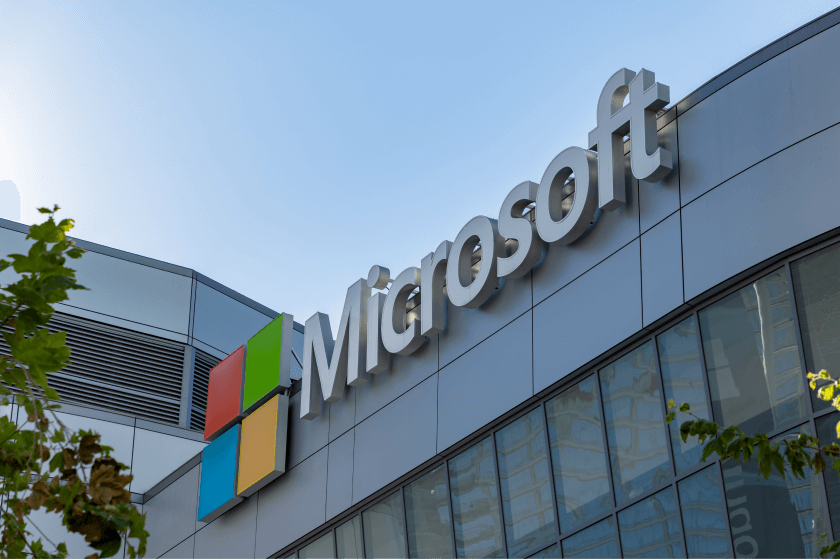
Microsoft Boosts Creativity in Windows 11 with DALL-E Integration in Paint
Microsoft is shaking things up for Windows 11 users by bringing the power of DALL-E, now called Cocreator, to its Paint app. This means more creative possibilities will be at your fingertips! How? Well, now you can generate cool AI-driven images using the nifty “Cocreator” button right there in Paint.
The phased rollout of Cocreator, which commenced testing in September, is expanding its reach to a wider audience of Windows 11 users. Microsoft is committed to enhancing the creative experience. Thus they provide users with a powerful tool for visual expression in this innovative feature.
Cocreator operates on a simple premise — users articulate their vision through text, and the AI algorithm, powered by ChatGPT, translates these descriptions into visually striking representations, tailored to the selected art style. This seamless fusion of text and art opens up new possibilities for digital creativity.
To ensure users navigate this feature with ease, Microsoft has thoughtfully included a concise tutorial within the Paint app. Whether users are long-time AI user digital artists or newbies, the tutorial facilitates a smooth transition into the capabilities of Cocreator.
Beyond the introduction of Cocreator, Microsoft has reinforced its commitment to Paint on Windows 11. Contrary to initial plans in 2017, Microsoft has not only retained Paint but has also significantly enhanced its functionalities. Users will be able to leverage background removal and layers features. These features elevate the digital art creation process to a more sophisticated level.
Long story short, Microsoft’s is dedicated to providing users with a dynamic and innovative platform. Their continuous efforts to enrich the creative tools available on Windows 11 is a good example for it. As these updates unfold, Windows 11 Paint users can anticipate a more vibrant and versatile digital artistic journey.
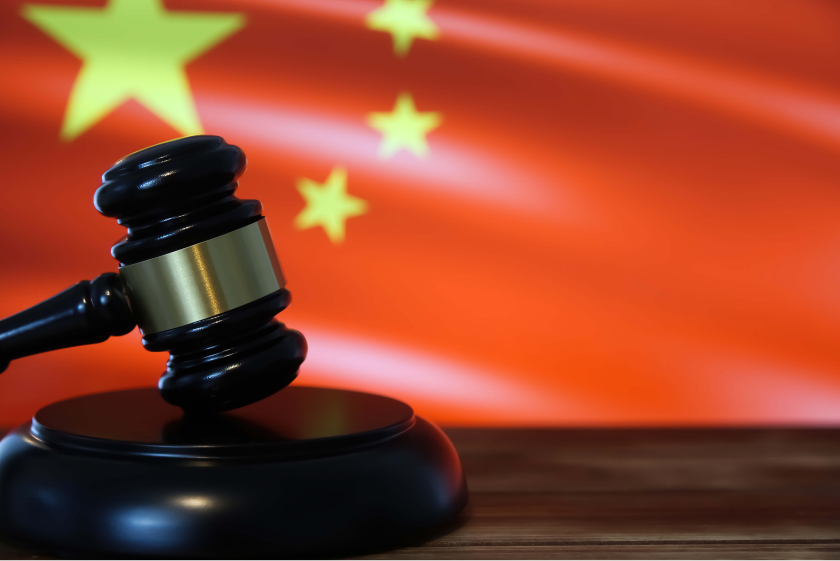
Shifting Copyright Paradigms: Chinese Court Recognizes AI-Generated Content Protection
Breaking news here! A Chinese court has recognized copyright protection for AI-generated content. This is a turn from the prevailing stance in the United States. In the USA copyright protection hinges on human authorship.
The case in question concerns a plaintiff who employed a US-based text-to-image AI service to generate an image of a woman. The plaintiff uploaded the image to a social media platform. And later it was unauthorizedly appropriated and used in a blog post by a Chinese blogger.
Legal Recognition of AI-Generated Content
Seeking legal action, the plaintiff filed a copyright infringement lawsuit. The court that ruled the groundbreaking decision, ruled in favor of the plaintiff. It determined that the intellectual investment expended in selecting and arranging the AI service’s inputs met the originality requirement for copyright protection.
Debates on AI Authorship
Well expectedly, this decision has ignited many debates. Some argue that AI lacks the requisite human element and thus cannot be considered an author. Conversely, others argue that it will foster the creation of more AI-generated content.
The implications of this ruling are yet to be fully understood — there may be many outcomes! However, undoubtedly there is an immense potential to profoundly impact the creative landscape. If not in the whole world particularly within China. The Chinese court’s reasoning has drawn criticism for sure yet the outcome can be viewed as facilitating the enforcement of intellectual property rights and potentially deterring copyright infringement within China. Granting authorship recognition to those harnessing the power of generative AI empowers them to intervene in infringements through the judicial system, such as this case, or via the takedown notice mechanisms of various online platforms. Had the court ruled differently, it could have paved the way for plagiarizers to appropriate AI-generated works without accountability, potentially exacerbating the prevalence of plagiarism.
Despite the court cautioning that future disputes should be judged on a case-by-case basis, the Beijing Internet Court’s holding regarding the copyrightability of AI-generated images could hold lasting precedential value. If upheld, we are sure to see a ripple effect on other segments of the creative industry like music, film, and television.
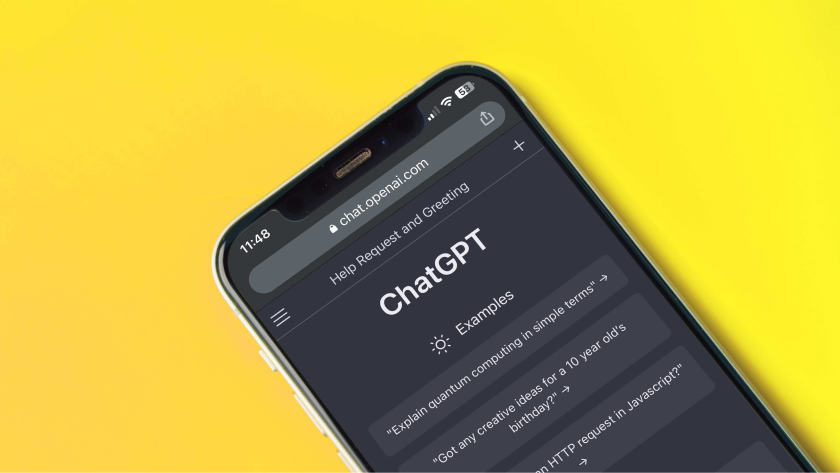
Happy Birthday ChatGPT! You Revolutionized Tech, Marketing, and Society
In just a year, OpenAI’s ChatGPT has quietly transformed the tech industry. The tool became the fastest-growing consumer technology globally. This unexpectedly successful tech had various implications on technology, business, and societal dynamics.
Reshaping Investment and Integration Trends
ChatGPT’s influence extends beyond its sleek chat interface. Despite a decline in venture capital investing, the tech industry witnessed a surge of .9 billion in AI-focused investments in Q3. Noteworthy companies like Anthropic, Midjourney, and Pika exemplify the thriving landscape. The future of AI-powered innovation is officially redefined.
Major players including Microsoft, Google, Amazon, and Meta recognized AI’s transformative potential and started embracing it across their platforms. Impact of ChatGPT echoes in the strategic decisions of these tech giants, marking a paradigm shift in how AI is perceived and utilized.
The Success and Challenges of ChatGPT
ChatGPT, with its seemingly straightforward chat interface and occasional reliability issues, defied expectations with a million users in five days and 100 million weekly users. OpenAI’s unique revenue model combines user subscriptions and data provision for businesses. This model has propelled ChatGPT into a billion-dollar venture.
AI continues to evolve so fast, accordingly questions arise about its purpose and societal impact just as fast. The industry seems to make a decision between maximizing shareholder value and benefiting humanity. This decision leads to a tension that unfolds across the tech industry. Ethical considerations, such as reliability, biases, security and AI’s influence on media, raise crucial discussions about the responsible development and deployment of AI.
Happy Birthday and Many Thanks!
All in all, the company and ChatGPT did many favors to our world as we know it today. In this dynamic landscape, understanding the far-reaching implications of ChatGPT and AI becomes crucial. Let’s wish technological advancements and ethical considerations go hand in hand to ensure a future where AI benefits both shareholders and society at large.














